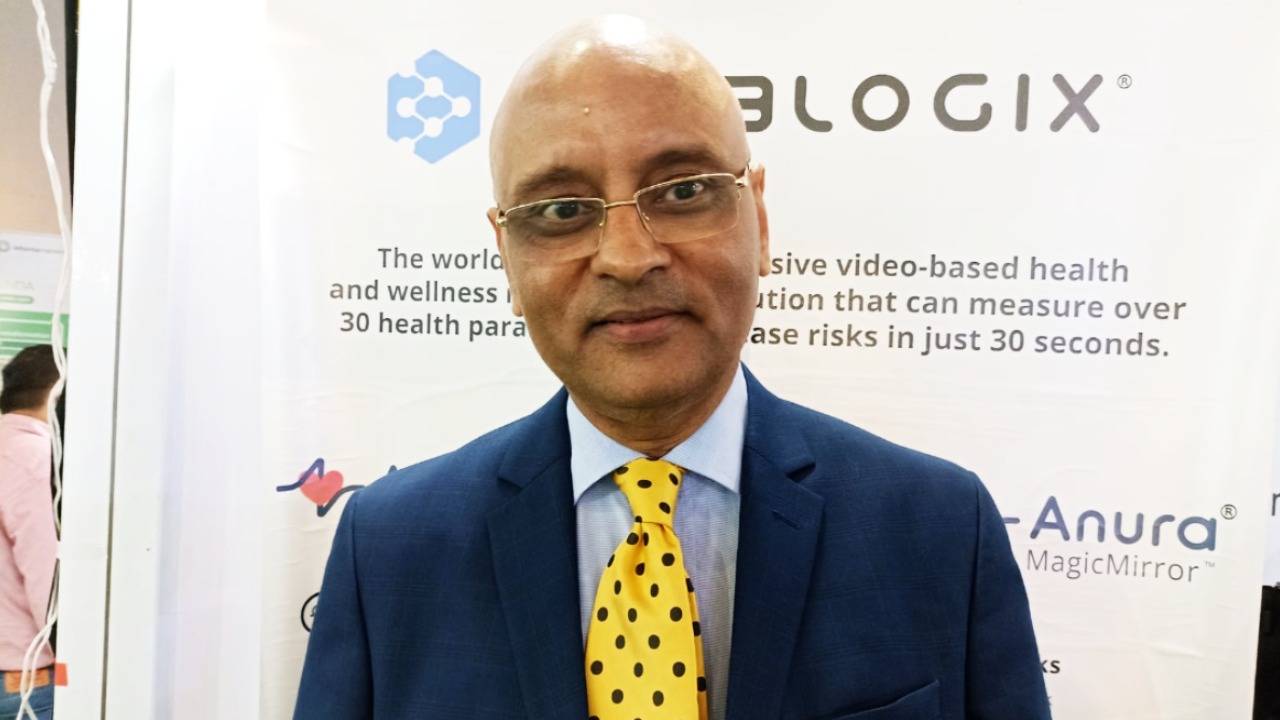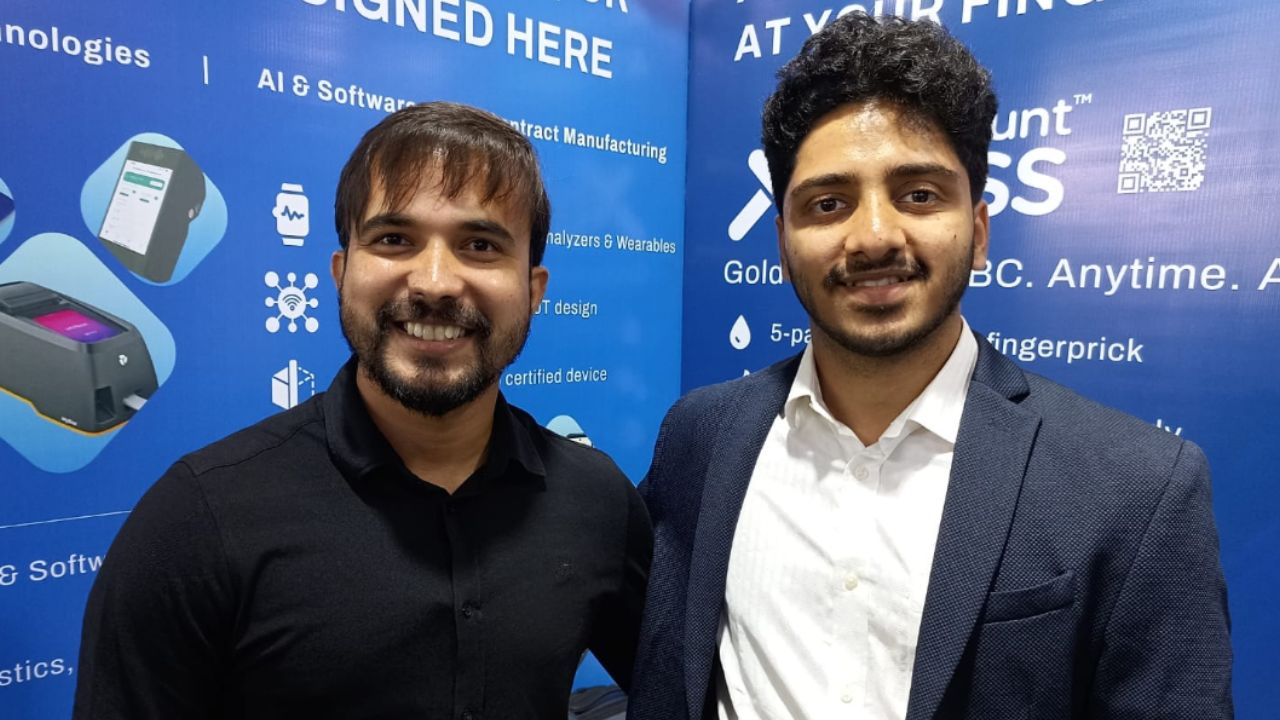Airober stands as a pioneering drone manufacturing company committed to delivering cutting-edge aerial solutions. Fueled by a fervor for innovation and an unwavering dedication to excellence, the company is on a mission to redefine the possibilities within the realm of unmanned aerial systems. Specializing in the design and manufacturing of high-quality drones, Airober caters to a diverse array of industries and applications.
At the heart of their business lies a steadfast commitment to innovation. Airober consistently pushes the boundaries of drone capabilities, delving into new features and functionalities that elevate their performance. From advanced flight controls and autonomous navigation to high-resolution imaging and seamless sensor integration, Airober’s drones boast state-of-the-art technology. This technological prowess empowers professionals, enabling them to achieve their goals with heightened efficiency and effectiveness.
In a recent endeavor, Airober has set its sights on developing hydrogen-powered drones. This marks a significant leap in extending the flight duration of drones, instilling a sense of security among operators. Speaking to The Interview World, Shivam Tripathi, Founder and CEO of Airober, emphasizes how their company is poised to revolutionize the drone tech landscape through the development of hybrid engines.
Q: What sets your product apart from others in the market, and could you provide a comprehensive overview of its unique features and advantages?
A: Let’s begin by addressing the issue at hand. The concern lies in the current drone market, encompassing agricultural, delivery, and surveillance drones utilized by entities like the Indian Army. A prevalent worry revolves around the batteries, akin to the concerns seen in electric vehicles. For instance, agricultural drones can only sustain flight for around 20 minutes before necessitating a battery replacement, each costing a minimum of 40,000 rupees and requiring replacement every six months due to a battery’s deterioration after 500 cycles.
To alleviate these constraints and instill a sense of security during extended flights, we have developed a hydrogen-powered propulsion system for drones. Notably, our innovation doesn’t entail modifications that would escalate costs; instead, it can seamlessly integrate into existing drones or transform them into hydrogen-powered hybrids. This breakthrough translates to a substantial increase in flight time, such as extending surveillance drones from 3 hours to an impressive 8 hours and elevating agricultural drones from a mere 20 minutes to over 2 hours.
Furthermore, the type of fuel we employ results in a lighter fuel cell, enhancing the drone’s payload capacity. Essentially, opting for a hydrogen-powered drone allows for the inclusion of extra payload without significantly impacting costs. Our comprehensive cost analysis indicates that, in the long run, investing an additional 1 lakh rupees in a hydrogen-powered drone proves economically advantageous. While a conventional battery replacement could incur costs ranging from Rs. 80,000 to Rs. 100,000 every 6 months, a hydrogen-powered drone eliminates the need for frequent battery changes for at least a year or two, with only minimal fuel cell servicing costs estimated at Rs. 2000-3000.
Q: Where do you source hydrogen fuel cells for your drones and which companies are producing hydrogen fuel?
A: The government is actively involved in the production of hydrogen fuel, and several private companies, including Jio and Adani, are also contributing to this effort. Notably, in Delhi, the Delhi Transport Corporation operates 20 hydrogen-powered buses. Additionally, our system is closely collaborating with IIT Kanpur, as we have provided them with our comprehensive simulation. Currently, we are making some minor adjustments, and we anticipate launching the project in the next 1-2 months.
Q: What’s your expansion plan after that?
A: We intend to establish partnerships with various ministries and departments of the Government of India to market our advanced surveillance drones. Currently, their existing drones have a limited flight time of up to 3 hours. By offering them our surveillance drones with an extended flight capability of 8 hours, we believe it would significantly enhance their operational efficiency. This is particularly advantageous during large-scale events, allowing continuous surveillance.
Following this collaboration with government entities, we plan to extend our offerings to companies involved in the development of air taxis. For instance, if a conventional air taxi has a flight duration of 2 hours, our hydrogen-powered drones can extend that to over 5 hours. This technological advancement not only enhances the endurance of air taxis but also contributes to the overall progress in the field of aerial transportation.
Q: Are you building the propulsion engine for air taxis?
A: We are working towards the customization of the system. If, for instance, conventional air taxis currently operate for 2 or 3 hours before requiring an additional hour for battery recharge, our system offers a distinct advantage. By integrating a drone system powered by hydrogen, our solution extends the flight time to an impressive 5 hours. Upon landing, the hydrogen cylinder can be replaced within just 10 minutes, ensuring a swift refueling process. This eliminates the need for battery charging, providing a significant edge.
Moreover, this rapid refueling capability not only enhances operational efficiency but also contributes to increased revenues for companies employing air taxis. Moreover, the extended flight time adds a layer of security, eliminating concerns about running out of battery or encountering unexpected disruptions due to air traffic.









